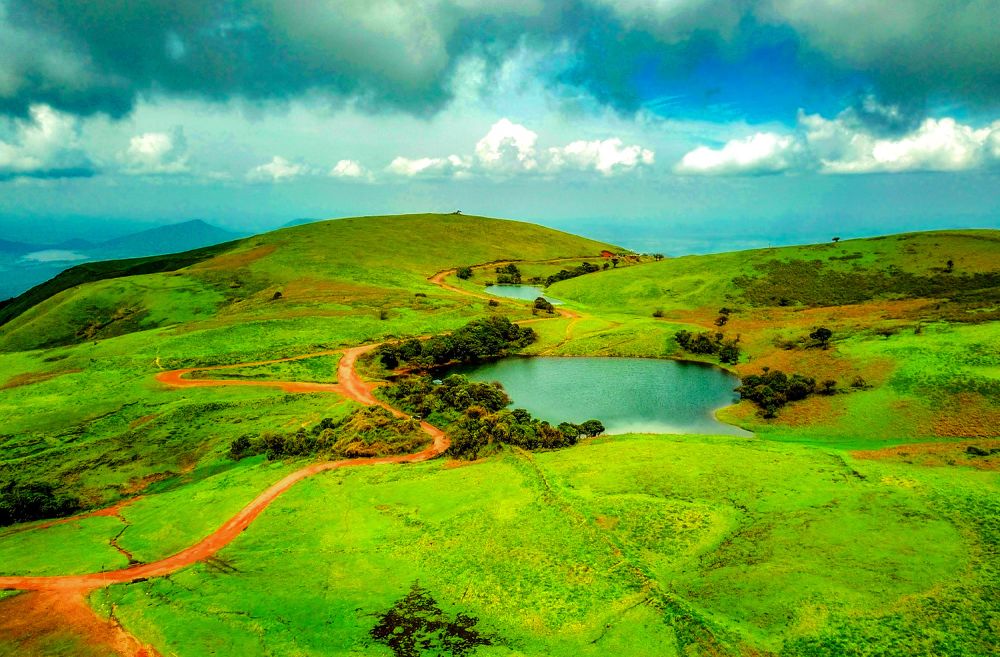

Chikkamagaluru, often referred to as the 'Coffee Land of Karnataka', is a picturesque destination nestled in the Western Ghats of India. Known for its verdant valleys, coffee plantations, and misty hills, the district's emergence as a tourist hub has an interesting history woven into the fabric of its lush landscape.
The history of Chikkamagaluru as a destination can be traced back to the arrival of Baba Budan, a 17th-century Sufi saint. He is said to have introduced coffee to India by bringing seven coffee beans from Yemen and planting them in the hills that now bear his name. As coffee plantations flourished, they carved out the region's potential as a getaway for those looking to escape the hustle and bustle of city life.
The British colonization and their love for coffee saw Chikkamagaluru transform into a retreat for British officers. They established homes and clubs amidst the plantations, inadvertently laying the base for today's homestay culture and plantation tourism.
After India gained independence, the allure of Chikkamagaluru only grew. The 1960s and 1970s witnessed increased domestic tourism as Indians began exploring their homeland. Chikkamagaluru's natural beauty, coupled with its pleasant climate, made it a preferred destination for nature enthusiasts.
In recent years, Chikkamagaluru has seen a surge in eco-tourism and sustainable travel practices. Travelers are increasingly seeking experiences that are environmentally responsible and culturally sensitive. Homestays have become a favored form of accommodation, offering guests a chance to immerse themselves in local culture while supporting the community.
Trekking and outdoor activities have soared in popularity. The district's mountains, such as Mullayanagiri and Kudremukh, are hotspots for trekkers and mountain bikers, driving young and adventurous tourists to the region.
The influence of social media has also led to a new wave of tourism. Picturesque spots like Baba Budangiri and the Hebbe Waterfalls have become Instagram-worthy locations, drawing a digital-savvy crowd. Moreover, the emergence of travel blogs and online portals has made remote parts of Chikkamagaluru more accessible to travelers.
From its early days as a serene coffee-growing region to its current status as a hub for eco and adventure tourism, Chikkamagaluru continues to evolve as a key destination in Karnataka's tourism landscape. Its blend of historical intrigue and natural splendor secures its appeal to a wide array of travelers, making it an evergreen enclave in the heart of the Western Ghats.